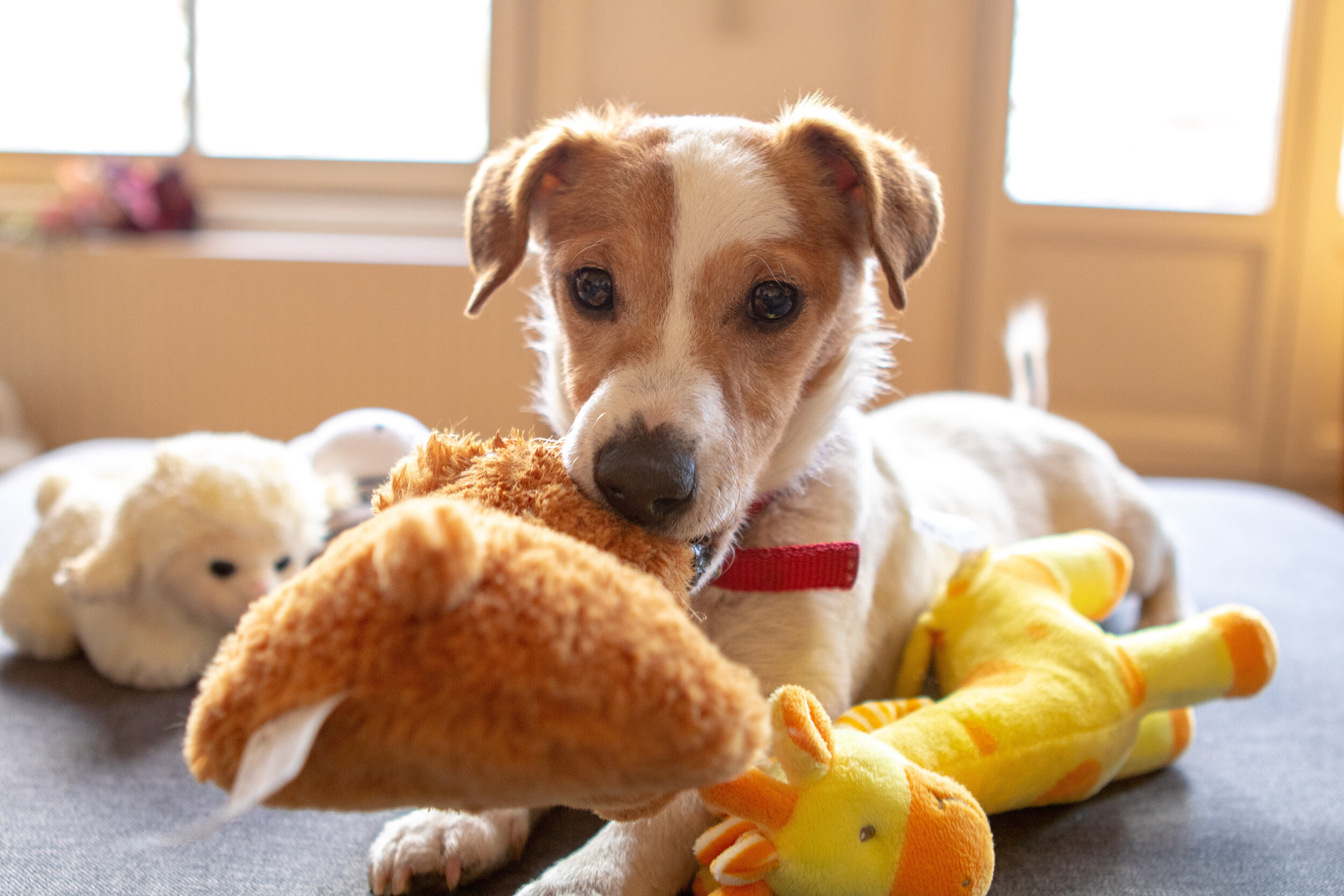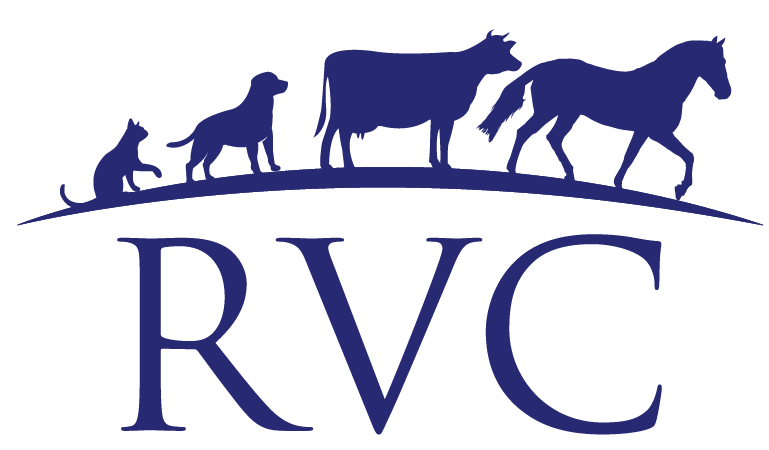
Vaccination of your cat or dog
Vaccine protocols for your cat or dog can be confusing, especially as they can be subject to change from time to time. The World Small Animal Veterinary Association (WSAVA) have a group of experts who review the latest knowledge of infectious diseases and available vaccines for cats and dogs and formulate a set of guidelines for veterinarians around the world.
At Rangiora Veterinary Centre, our veterinarians take the latest set of guidelines from WSAVA and, using our knowledge of the local prevalence of each disease, form protocols that we recommend to pet owners. These protocols may differ from the licencing information for each vaccine used – this is because those contain the minimum needed to achieve licencing of the product, NOT Best Practice guidelines. Therefore, our use of the vaccines is considered “off-label,” but evidence-based.
The aim of our protocols is to vaccinate ALL dogs and cats with as few vaccine doses as possible to keep them protected for life.
What diseases do we vaccinate against?
Dogs: Consideration will be given to their risk for:
Parvovirus
Distemper
Infectious Canine Hepatitis
Leptospirosis
Canine Cough (previously Kennel Cough).
Parvovirus and Canine Cough are the diseases our dogs particularly need protection against.
Cats: We assess the risk for:
Herpes virus and Calicivirus. Together, or separately, these cause Catflu.
Panleukopaenia (also known as Feline Enteritis)
Why do they need so many vaccinations?
Puppies and kittens absorb antibodies from their mother’s colostrum (first milk), these antibodies help protect them from infectious diseases while their immature immune systems are developing. These antibodies only last for between 4 and 16 or so weeks.
Unfortunately, while they are still present, these “maternally-derived” antibodies prevent the young animal from responding well to vaccines. The intent of giving a course of vaccines every 3-4 weeks from 6-8 weeks of age, is to ensure there is not a significant period of time where the youngster has neither protection from their mother NOR vaccine-protection.
Following is the rough programme we advise for your pup or kitten:
8, 12 and 16 weeks, followed by 6 months old
Following this, their vaccine requirements will be assessed annually at their health checks, from 18 months of age.
The type and frequency of the vaccines given to your pet will depend on what age the vaccines started and will relate to your pet’s lifestyle, potential travel outside its usual environment and contact with other animals. For example, a cat who lives entirely indoors with no “holiday” in a boarding cattery will have a different risk for disease to a cat who has an indoor/outdoor lifestyle or who may visit a boarding cattery. The type of available vaccine and whether it is protective for the known viruses prevalent in New Zealand will also be considered.
Risks and side effects of vaccines
Usually, pets show very little reaction to vaccination, however in some animals, side effects can be seen up to 10 days post-vaccination and may include:
Anaphylaxis: On a very rare occasion, the reaction can be more extreme. The symptoms might include:
Vomiting or diarrhoea
Facial swelling
Hives
Collapse
Difficulty breathing
These are signs of anaphylaxis and normally occur within 15 minutes of the injection (while you are still at the veterinary clinic), but can be seen up to 48 hours afterwards. The situation is dangerous and your veterinarian should be notified immediately.
Mild lethargy or reduced appetite.
Mild fever
A lump, tenderness or swelling at the injection site
With Canine Cough vaccines, there can be a mild cough or sneeze for a few days, or a discharge from the eyes or nose
These symptoms are considered normal for the vaccination process, your pet can be expected to be back to normal within a couple of days and treatment is generally unnecessary. If any of these side effects are debilitating or persistent (this happens rarely), or if a lump exists for more than a month after vaccination, please seek veterinary advice.
Allergic reactions are extremely rare, however if your pet has any kind of vaccine reaction, please ensure that your veterinarian is aware of it BEFORE their next vaccination, as precautions can be taken to reduce the chance of it happening again. If it was a mild reaction, giving antihistamines or corticosteroids before the vaccination may be used to head off an allergic reaction. If the reaction was more severe, an alternative vaccine programme may be devised for your pet.
The benefits of vaccination far outweigh any risks!
WATCH: What happens when your dog comes in for a health check? Follow Sarge as he visits our clinic, see what happens when a dog comes in for a health check.
WATCH: What happens when your cat comes in for a health check? Follow Tina the kitten as she visits our clinic, see what happens when a cat comes in for a health check.
Cats require respectful and appropriate gentleness when being handled. Our Rangiora Branch is a ISFM Gold Cat Friendly clinic, which means cat friendly principles are always adhered to during the care and restraint of cats.



